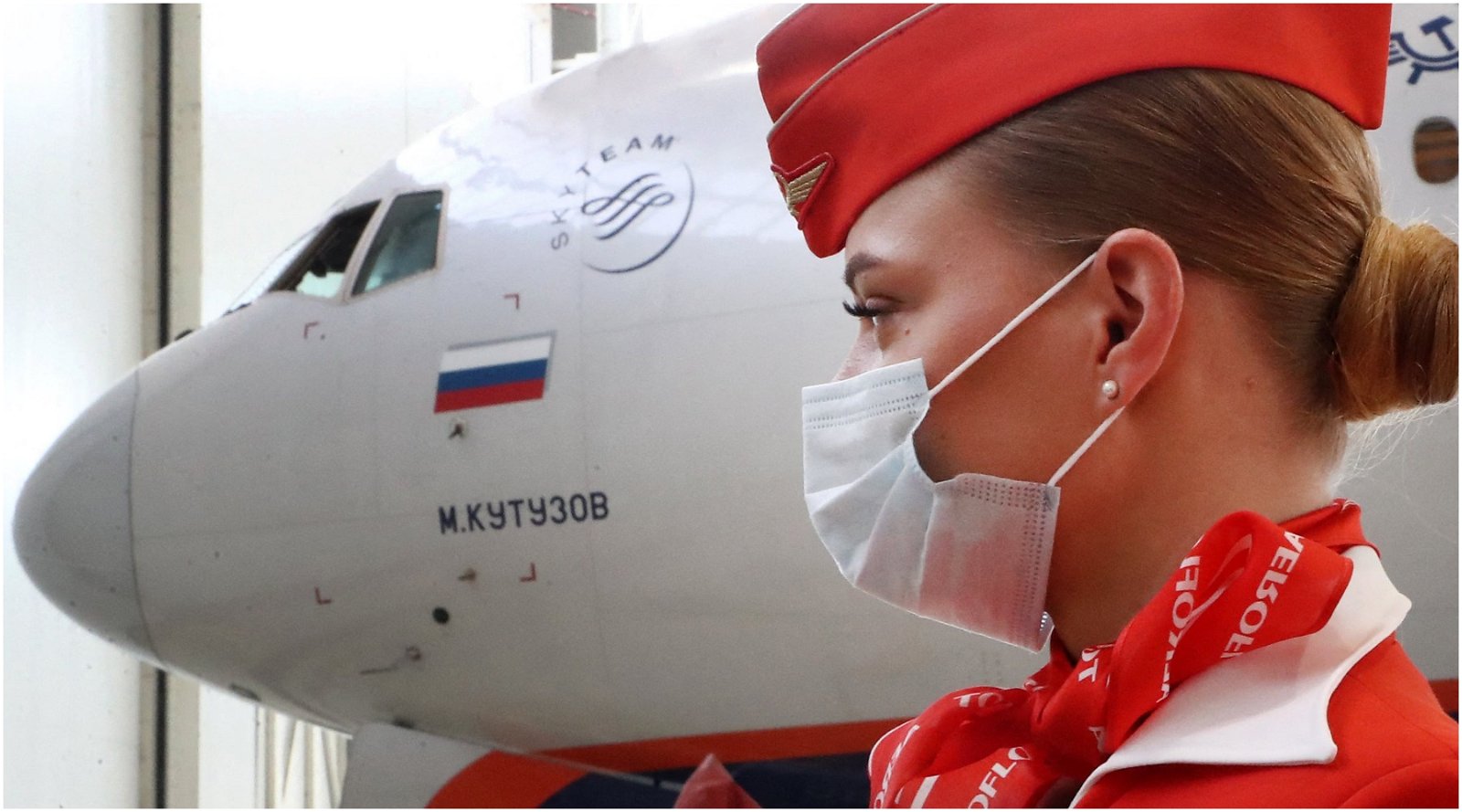European sanctions forced the lessors of aircraft to cancel their contracts with Russian carriers recently. However, it now appears for these companies impossible to get their planes back from Russia. Russian airlines lease about 515 aircraft, worth a total of about 10 billion euros.
The majority of aircraft worldwide are not owned by airlines, such as the Russian Aeroflot. They are increasingly rented from leasing companies, including the Irish AerCap, who actually own the aircraft. The company owned 1,035 aircraft in 2020. This allows airlines to be flexible and constantly adjust the size of their fleet to the passenger supply. Nearly 70 percent of all Russian aircraft are leased.
Russian invasion
as reaction Russia’s invasion of Ukraine, the EU has ordered aircraft lessors to dispose of all their aircraft by March 28 cancel contracts with Russian carriers† With the termination of the lease agreements, the airlines must return their aircraft to the European lessors. Leasing companies have demanded the return of hundreds of aircraft from Airbus on Boeing.
For example, lessors can repossess their aircraft when the aircraft land at airports outside Russia. However, due to the recent flight bans, Russian carriers, including Aeroflot, are not allowed to land at these airports. In addition, the airlines have suspended their international flights to protect their planes from seizures. Landlords are now at risk of losing up to $10 billion.
However, most Russian-owned aircraft are still operational and only operate on domestic routes.
“I fear we will witness the largest aircraft theft in the history of commercial civil aviation.” says Volodymyr Bilotkach of the Singapore Institute of Technology.
Treaty of Cape Town
In 2001, the Cape Town Convention was signed to standardize movable property transactions. A specific protocol focuses on aircraft, engines and railway equipment. The treaty was necessary because legal systems have different approaches to leases, creating uncertainty for lending institutions.
One Irish lessor, for example, could not count on the Irish government to retrieve an Irish aircraft from Russia† Thanks to the treaty, however, the requisition of the aircraft was now subject to international law. The Irish lessor therefore has the right to demand from the Russian government the seizure of its aircraft and have them extradited to Ireland. However, Russia has been ignoring the treaty since the war broke out, despite being a signatory to the treaty.
Insured
While the planes are insured, the losses will lead to years of litigation between lessors and insurers before any payout decisions are made. say analysts† Even if the planes later come back into the hands of Western companies, there will still be losses, according to experts.
While the value of the aircraft is high, the impact on individual rental companies may be limited. Russian airlines make up less than 10 percent of most leasing company portfolios. “It won’t paralyze businesses,” says Brad Daily of Alton Aviation Consultancy.
Claiming planes
Earlier this month, Vladimir Putin allowed Russian airlines to re-register their leased aircraft in Russia. The law allows Russian airlines to claim foreign aircraft and have them fly domestically or use them for parts.
“We are not returning them. That would mean we would be without aviation.” said Transport Minister Vitaly Savelyev† At least half of the aircraft in foreign hands have already been re-registered in Russia.
However, Russia did offer to compensate aircraft owners. However, lessors are not willing to negotiate this, because a financial deal with Russian airlines appears to be a clear violation of the sanctions.
(evb)
–


